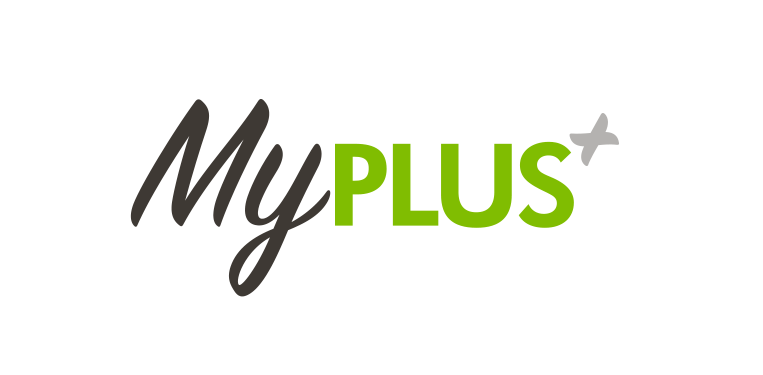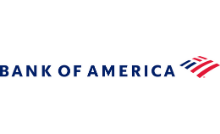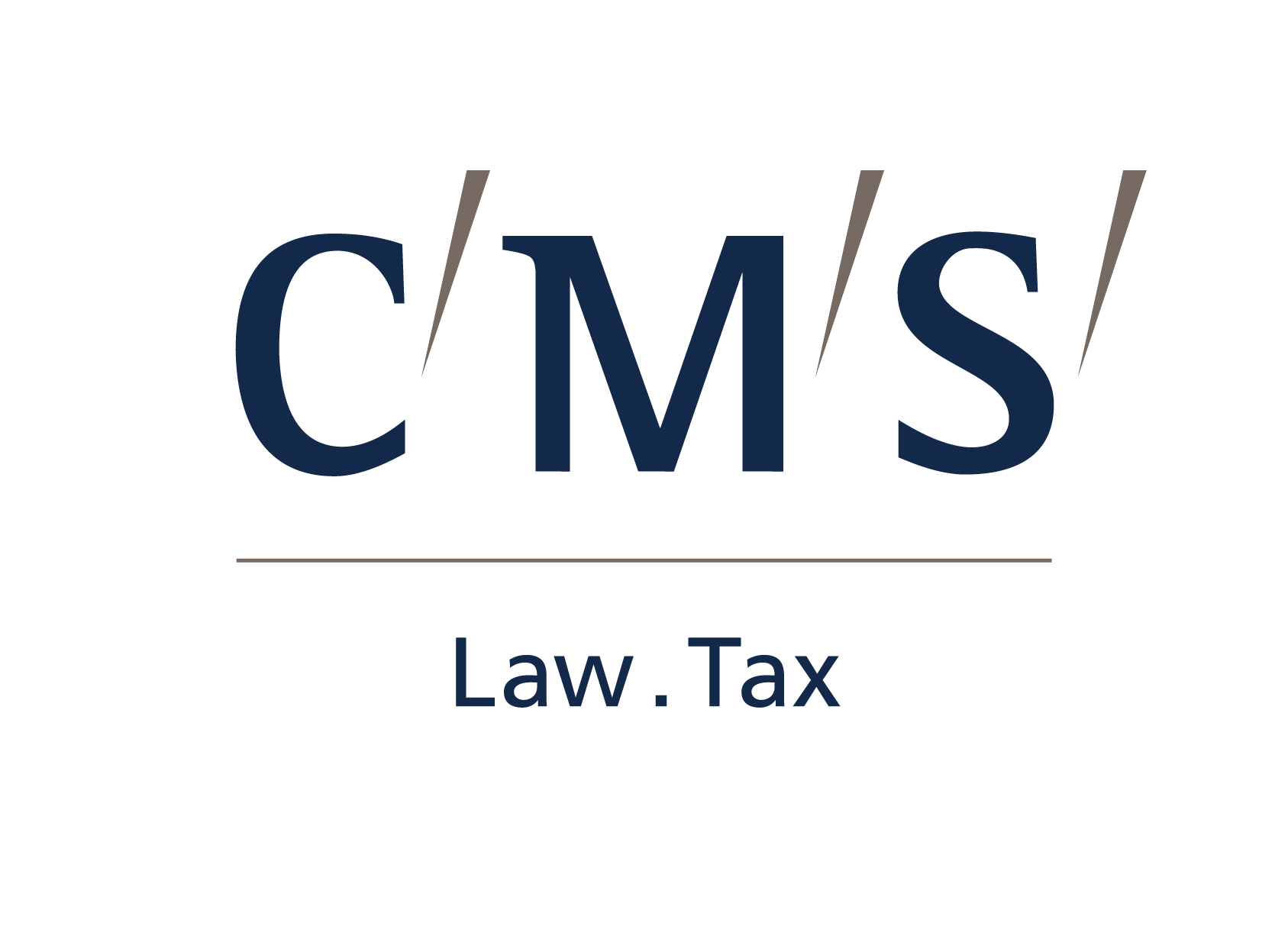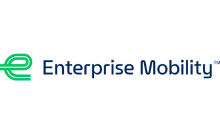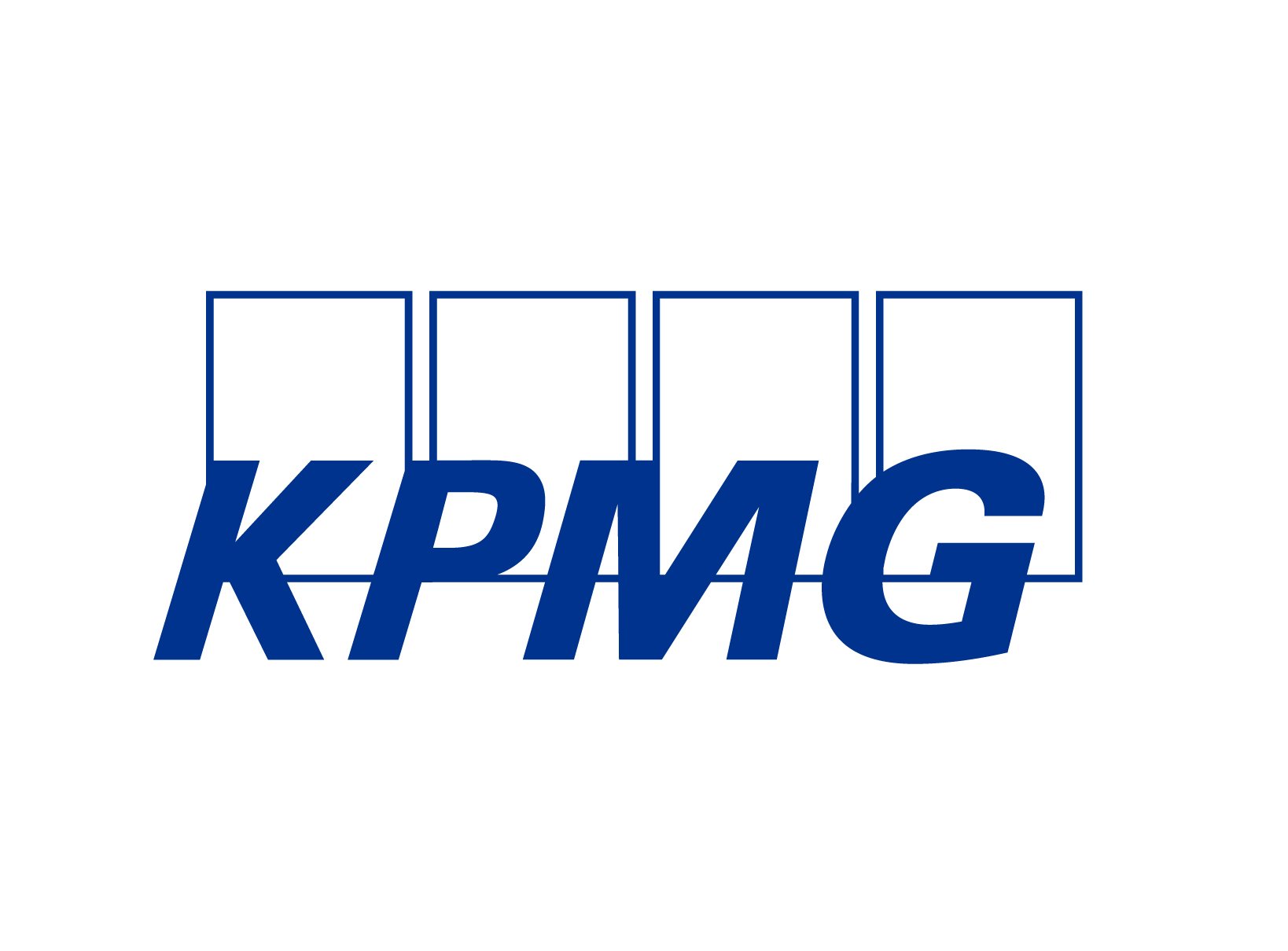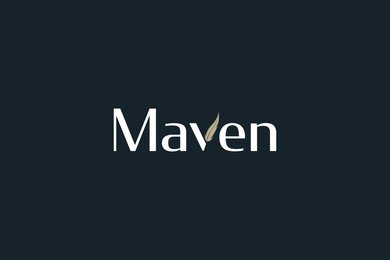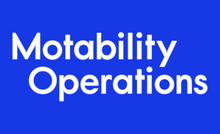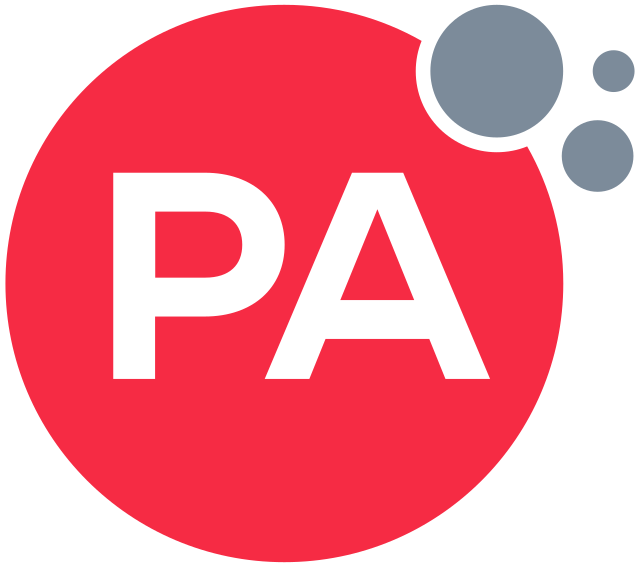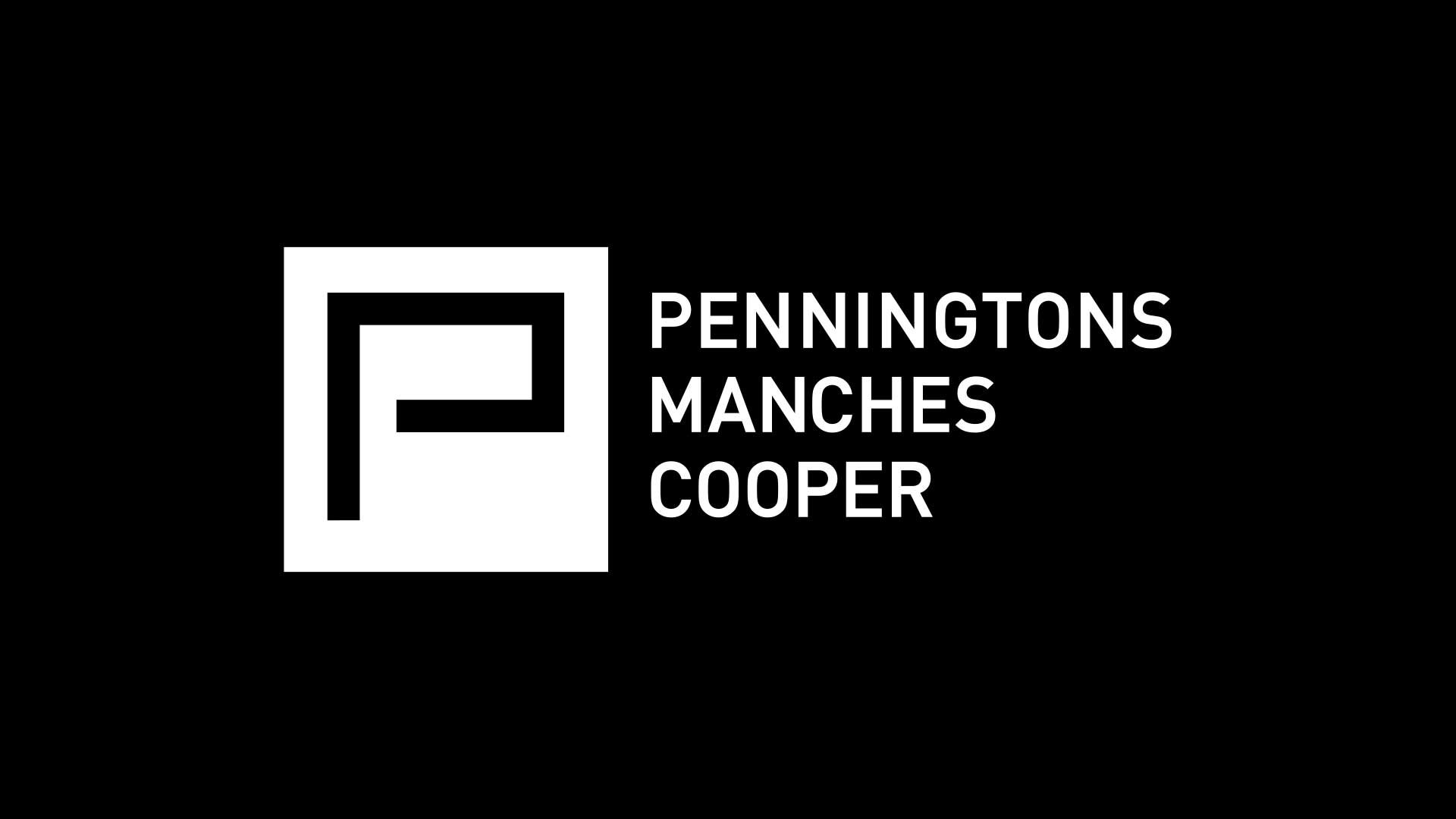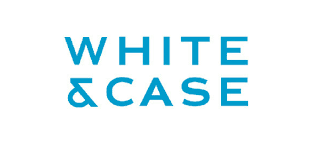Published in NADP’s Winter 2019 edition of the Journal of Inclusive Practice in Further and Higher Education
Authors, Helen Cooke & Emma Knox
How do we work together to ‘make more possible’ for disabled students looking to improve their employment prospects? This was the subject of the MyPlus Students’ Club workshop at the NADP Anniversary Conference 2019 run by Helen Cooke, Founder and Director of MyPlus. Helen is passionate about ensuring that having a disability or a long-term health condition does not prevent anyone from having the career they want. To deliver this, she works with employers and HE Institutions to ensure they are confident and knowledgeable to support disabled students as they transition from work into employment. She also works with students to help them recognise the unique strengths and talents that they can, and do, bring to the workplace, and provides expert knowledge, training and support to help them navigate the increasingly competitive recruitment process.
14% of undergraduate students at UK Universities have a disability or health condition; this includes, but is not limited to, conditions such as poor mental health, dyslexia, Asperger’s Syndrome, hearing impairments, ADHD, speech impairments and physical impairments.
Why are disabled students less likely to find work than non-disabled counterparts?
The fact that disabled graduates at all qualification levels are less likely to have obtained full-time employment than non-disabled graduates* combined with research findings that 92% of disabled students sought careers advice from their disability adviser /co-ordinator compared to 22% seeking advice from their careers adviser * firmly puts employability on the agenda of University Disability Services. A key contributor to this is that this group of students often lack the confidence to apply to employers, believing that their disability will rule them out of the running for graduate-level jobs. In addition, some disabled students have not immersed themselves in student life instead believing that academic achievement alone will make them employable.
How can we support them?
Employers look for much more than just good academics. They want rounded individuals; those who have immersed themselves in university life and taken positions of responsibility, developed leadership skills, shown initiative, etc. This will involve students joining clubs and societies, volunteering, gaining work experience and developing the skills required to successfully navigate and demonstrate employability skills during the recruitment processes. However, if you lack confidence, combined with the added challenge of managing a disability on top of the academic demands of a course, getting involved can seem impossible. The risk of dropping out of university then increases, compounding the problem. Disability should not be a barrier to having a successful career; the strengths and skills that have been developed to manage a disability on a day to day basis are readily transferable into the workplace; skills such as time management, resilience and problem solving. It will take advice, encouragement and practical guidance and support from stakeholders from across the university to work together to address this situation and ensure that disabled students can make the most out of their time at university and show them what is possible.
Key steps that you can take to enhance the employment prospects of your disabled students
Understand the challenges that disabled students face when they think about applying for a job or placement, and the emotions that they will be experiencing:
· Why would they choose me?
· Should I tell an employer about my disability
· How should I tell them?
· Will I be judged negatively?
· How do I explain gaps in my CV?
· How can I get the adjustments that I need to compete on a level playing field?
For more information on ‘Challenges’ listen to Helen Cooke speaking at https://myplusstudentsclub.com/for-universities/toolkit/ (opens in new window)
Support them at all stages of the student lifecycle:
· Challenge their assumption of what is possible
· Encourage them to participate in University life and pursue activities that interest them
· Prepare them for success by working with colleagues in Careers and Employability
· Value their strengths
· Connect them with relevant organisations such as MyPlus Students’ Club where they can get specialist advice on applying for a job with a disability
· Help them to build their network
· Develop your own understanding of the issues
‘’If not you, then who? If not now, then when?’’
It is our collective responsibility to raise the aspirations of disabled students and build their confidence in order that they can maximise their chances of successful employment outcomes when they graduate. For more information about our work visit our website www.myplusstudentsclub.com (opens in new window) or contact Emma Knox our University Marketing Manager at emma@myplusconsulting.com
*AGCAS: What happens Next?
Read the full journal on NADP’s website (opens in new window)
NADP is the Professional Association for disability and inclusivity practioners in further and higher education.
